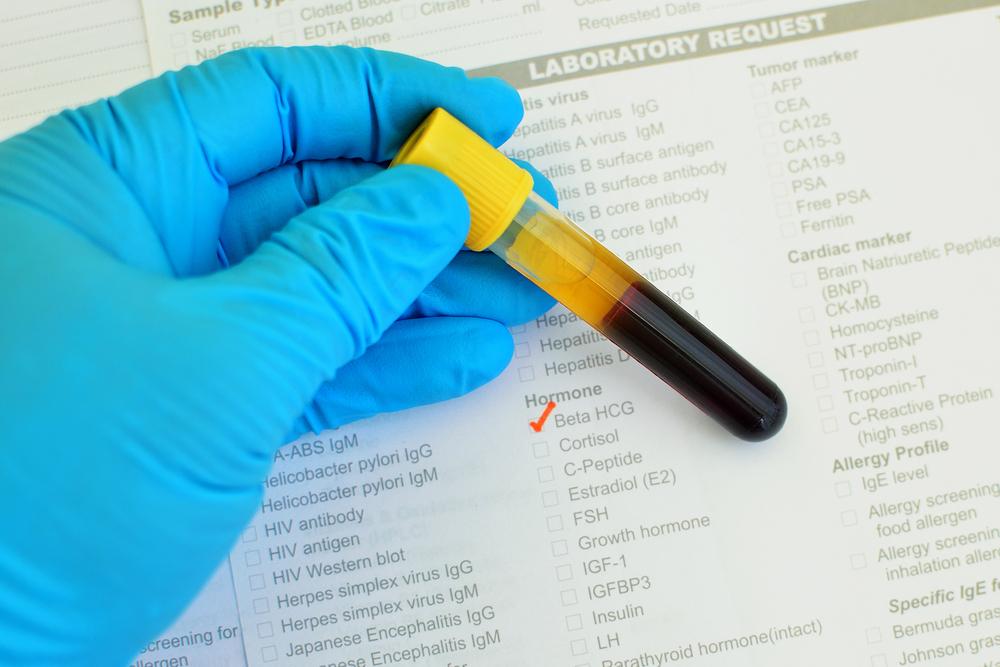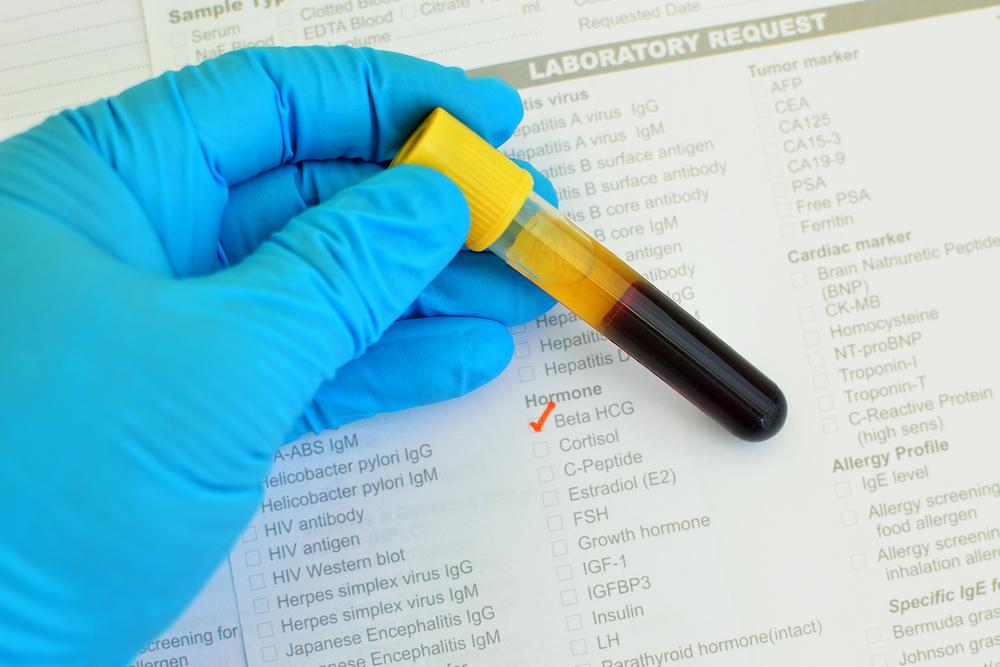In-Depth Exploration of Cancer Immunotherapy: Cutting-Edge Treatments and Strategies
Cancer immunotherapy revolutionizes traditional cancer treatments by harnessing the body's immune system to fight tumors. This detailed overview covers main types like broad-spectrum agents, T-cell therapies, vaccines, monoclonal antibodies, and oncolytic viruses. Each approach offers unique mechanisms, benefits, and challenges, contributing to personalized and effective cancer treatment strategies. Ongoing advancements and research aim to overcome current limitations, making immunotherapy a cornerstone in modern oncology with the potential for more durable and targeted cancer eradication. This comprehensive guide provides valuable insights for clinicians, researchers, and patients.

In-Depth Exploration of Cancer Immunotherapy: Cutting-Edge Treatments and Strategies
Cancer immunotherapy, often referred to as biologic therapy, represents a revolutionary approach in the fight against cancer. Instead of targeting the tumor directly with traditional methods like chemotherapy or radiation, immunotherapy leverages the body's natural immune system to recognize and destroy malignant cells. This innovative field has seen rapid growth over recent years, providing new hope for patients with various types of cancer. The fundamental idea behind immunotherapy is to stimulate or restore the immune system’s capacity to eliminate cancer cells effectively, offering a promising adjunct or alternative to conventional therapies.
The core concept involves enhancing immune responses, overcoming tumor-induced immune suppression, and creating lasting immunity against cancer. This comprehensive overview aims to delve into the main categories of cancer immunotherapy, explaining their mechanisms, applications, advantages, and challenges. As this field continues to evolve, understanding these approaches is crucial for healthcare professionals, patients, and researchers striving to improve cancer treatment outcomes.
Types of Cancer Immunotherapy
Immunotherapy encompasses a variety of strategies designed to harness, augment, or modify the immune response to effectively combat cancer. These treatments are diverse and can be tailored to suit specific cancer types, stages, and individual patient profiles. The four primary categories of cancer immunotherapy include broad-spectrum immunotherapies, T-cell based therapies, cancer vaccines, and monoclonal antibodies. Additionally, innovative approaches such as oncolytic virus therapy are gaining attention for their potential to selectively destroy tumor cells while stimulating immune responses.
1. Broad-Spectrum Immunotherapies
Broad-spectrum immunotherapies are foundational treatments that aim to universally activate the immune system's ability to recognize and attack cancer cells. Agents like interleukins and interferons are prime examples in this category. These cytokines are naturally occurring proteins that play a critical role in regulating immune responses. When administered as treatment, they can amplify immune activity, promoting the destruction of cancerous cells.
Interleukins, such as IL-2, are particularly utilized in treating certain cancers like skin melanoma and kidney cancer. They work by stimulating the proliferation and activation of immune cells such as T-cells and natural killer (NK) cells. Interferons (e.g., IFN-alpha) are employed in a variety of cancers, including lymphoma, melanoma, and certain viral-associated tumors, due to their ability to enhance antigen presentation and inhibit tumor proliferation.
While effective, broad-spectrum immunotherapies can be associated with significant side effects because they activate the immune system more generally, potentially leading to inflammation and autoimmune reactions. Careful patient selection and management are crucial when deploying these therapies.
2. T-Cell Based Therapies
One of the most groundbreaking advancements in cancer immunotherapy has been the development of T-cell therapies, especially Chimeric Antigen Receptor (CAR) T-cell therapy. This approach involves extracting T-cells from the patient’s blood, genetically modifying them in laboratory settings to express specific receptors that recognize tumor-associated antigens, and then reinfusing these reprogrammed cells back into the patient. The engineered T-cells can identify and aggressively attack cancer cells, leading to significant tumor regression in many cases.
CAR T-cell therapy has demonstrated remarkable success in certain hematologic malignancies, including specific types of leukemia and lymphoma. The process starts with leukapheresis, a procedure to collect T-cells, followed by genetic engineering using viral vectors to insert CAR genes. After confirming the functionality and safety, the modified T-cells are expanded and infused into the patient. These cells then seek out and destroy tumor cells expressing the targeted antigen.
Despite its promise, CAR T-cell therapy faces challenges such as cytokine release syndrome (CRS), neurotoxicity, and the development of resistance. Researchers continue to refine these therapies, aiming to expand their efficacy and reduce adverse effects.
3. Cancer Vaccines
Cancer vaccines are designed either to prevent cancer development or to treat existing tumors. The principle involves introducing specific antigens—proteins associated with cancer cells—into the body to stimulate an immune response. Prophylactic vaccines, like the HPV vaccine, prevent virus-associated cancers such as cervical cancer. Therapeutic vaccines aim to boost the immune system's ability to recognize and attack tumor cells.
Some cancer vaccines use peptides, dendritic cells, or whole tumor cell preparations as the basis for therapy. For example, sipuleucel-T is an FDA-approved vaccine used in prostate cancer treatment. It involves collecting a patient’s immune cells, exposing them to prostate cancer antigens in the lab, then reintroducing them to stimulate targeted immune activity against the tumor.
While promising, cancer vaccines face hurdles in identifying optimal antigens and overcoming the immunosuppressive tumor microenvironment. Ongoing research seeks to develop more effective vaccines with durable immune responses.
4. Monoclonal Antibodies
Monoclonal antibodies (mAbs) are lab-engineered proteins designed to bind specifically to certain antigens on cancer cells. These antibodies serve multiple functions: directly blocking tumor growth signals, marking cells for immune attack, or delivering cytotoxic agents directly to the tumor. Well-known examples include pembrolizumab and nivolumab, which target immune checkpoint proteins like PD-1.
Checkpoint inhibitors such as these have revolutionized oncology by preventing cancer cells from exploiting immune evasion mechanisms. By blocking these inhibitory pathways, mAbs restore immune surveillance and promote tumor destruction. These therapies have shown significant benefits in cancers like melanoma, non-small cell lung cancer, and renal cell carcinoma.
Monoclonal antibody therapy is often combined with other treatments to enhance efficacy. However, immune-related side effects, like inflammation and autoimmune phenomena, are common and require careful management.
5. Oncolytic Virus Therapy
Oncolytic virus therapy utilizes genetically engineered viruses that selectively infect and lyse cancer cells while sparing normal tissue. An example is talimogene laherparepvec (T-VEC), which is derived from herpes simplex virus. When injected directly into tumors, these viruses replicate within cancer cells, causing cell rupture and release of tumor antigens. This process stimulates a broader immune response, leading to the attack on metastatic or distant cancer sites.
This therapy not only destroys tumors directly but also acts as an in situ vaccine, boosting systemic anti-tumor immunity. Oncolytic viruses can be modified to express immune-stimulatory genes, further enhancing their effectiveness. While still relatively new, oncolytic virus therapy is showing promise in clinical trials for melanoma and other solid tumors.
Challenges include ensuring safety, preventing premature virus clearance, and overcoming tumor resistance mechanisms. Continuous innovation is necessary to unlock the full potential of this exciting approach.
Future Directions and Challenges in Cancer Immunotherapy
Though cancer immunotherapy has already transformed oncology, several hurdles remain. Resistance mechanisms, adverse effects, high costs, and tumor heterogeneity all pose significant challenges. Personalized approaches, combining multiple immunotherapies, and integrating advances in genomics and biomarker research are critical for optimizing patient outcomes.
Ongoing research aims to identify reliable predictive biomarkers, improve safety profiles, and develop next-generation immune modulators. The future of cancer immunotherapy holds the promise of more durable responses, fewer side effects, and broader applicability across a wider range of cancers. As scientific understanding deepens, it is anticipated that these therapies will become standard parts of comprehensive cancer care.





